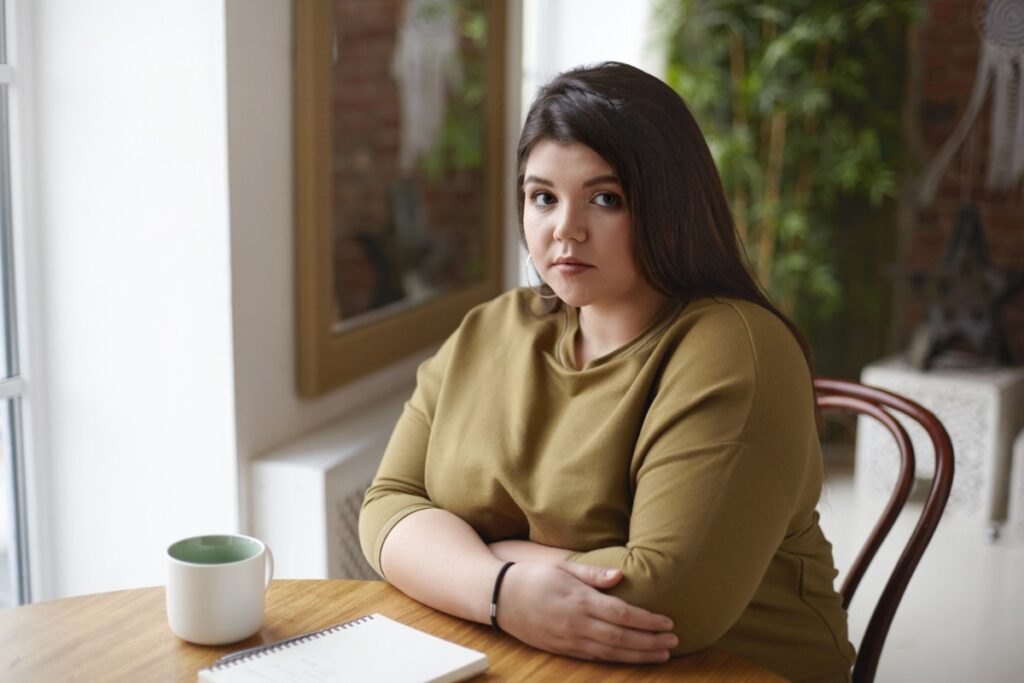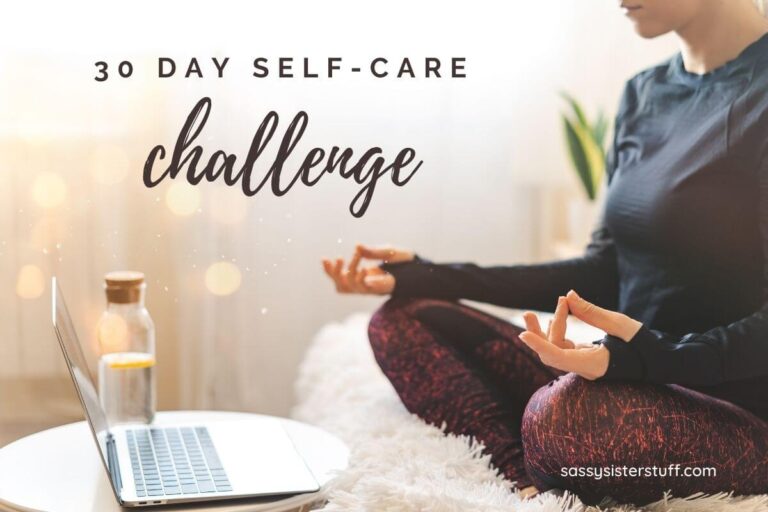If You Do These 11 Things, You Grew Up in a Controlling Household
Growing up in a controlling household can shape how you see and interact with the world. Sometimes, you might not realize these patterns until you notice certain behaviors in yourself that feel familiar or limiting.
If you recognize specific habits or feelings from your past that still affect you today, it’s a sign you grew up under tight control. Recognizing these signs can help you make sense of your experiences and begin to find a healthier balance in your life.
You constantly seek permission before making decisions

You often find yourself waiting for approval before doing even small things. This habit usually comes from being taught that your choices must fit someone else’s rules.
Because of this, you might doubt your ability to decide things on your own. It can feel uncomfortable making plans without checking first with a parent or guardian.
Over time, this can make your personal decisions feel less natural. You might struggle to trust your own judgment, always wondering if you’re doing the “right” thing.
You avoid expressing your true feelings to others

You might find it hard to share what you really feel. In a controlling household, emotions were often dismissed or punished. This can make you hesitant to open up.
You may worry that being honest will lead to conflict or rejection. So, you choose to keep your feelings to yourself instead. This creates a habit of silence around your emotions.
Over time, avoiding your true feelings can affect your relationships. You might struggle to connect deeply or feel misunderstood. It takes practice to start expressing yourself openly and safely.
You feel responsible for others’ emotions

You often find yourself trying to keep everyone around you happy. It feels like your mood depends on how others are feeling. If someone is upset, you immediately wonder what you did wrong.
You’ve learned to put others’ feelings before your own. This can leave you exhausted and unsure about your own needs. You might avoid expressing your true emotions to prevent conflict or disappointment.
Over time, this habit can make it hard to set boundaries. Remember, your emotions are your own, and it’s okay to focus on yourself sometimes.
You habitually apologize even when not at fault

You often find yourself saying sorry, even if you didn’t do anything wrong. It feels like a reflex, almost automatic.
This habit comes from growing up in a place where you were made to feel responsible for everything around you. Apologizing became a way to keep the peace.
Now, even in everyday situations, you might apologize just to avoid conflict or because you doubt your own feelings. Recognizing this can help you start being kinder to yourself.

You often worry about letting down people in charge, like parents, teachers, or bosses. This fear can make you overly cautious and anxious about your choices.
When you grew up in a controlling household, you learned that pleasing authority was a way to avoid conflict or punishment. This can cause you to prioritize others’ expectations over your own needs.
You might find it hard to say no or set boundaries because of this. Recognizing this fear is a first step toward rebuilding your confidence and making decisions for yourself.
You find it hard to say no to requests

If you grew up in a controlling household, you might struggle to say no, even when you want to. Saying yes felt safer, so refusing often felt risky or wrong.
You may worry about disappointing others or causing conflict. This can make you overextend yourself without realizing it.
Learning to say no can feel uncomfortable or even guilt-inducing. But it’s important to remember that setting boundaries is okay and necessary for your well-being.
You doubt your own judgment regularly

You often second-guess your decisions, no matter how small they are. This doubt can make simple choices feel overwhelming.
Growing up in a controlling household might have taught you to rely on others’ opinions more than your own. You might catch yourself asking, “Am I making the right call?” more than you’d like.
This habit isn’t uncommon if your feelings and choices were frequently questioned or dismissed. It’s okay to recognize this pattern and start rebuilding trust in your own judgment.
You feel guilty taking time for yourself

You might find it hard to relax without feeling like you should be doing something else. Taking breaks or enjoying personal hobbies can trigger a sense of guilt. This feeling often comes from growing up where your needs were constantly put last.
You may have learned that your value depends on always being productive or available for others. It’s common to prioritize others’ opinions over your own well-being. Remember, it’s okay to rest and recharge—your time matters just as much as anyone else’s.
You hesitate to set personal boundaries

You might find it hard to say no, even when something makes you uncomfortable. Growing up in a controlling household often teaches you to prioritize others’ needs over your own.
When you do try to express limits, you may feel guilty or worry about upsetting people. This hesitation can make it tough to protect your time, space, or feelings.
Learning to set boundaries takes practice, especially if you weren’t encouraged to do so as a kid. Remember, it’s okay to put yourself first sometimes.
You suppress your opinions in group settings

You often stay quiet when others share their thoughts, even if you disagree. Speaking up might feel risky or like it could cause conflict.
You might have learned early that your opinions weren’t welcome or respected. This makes it hard to trust that others will listen or value what you say.
Over time, you might avoid sharing your ideas to keep the peace or avoid judgment. It’s common for you to prioritize others’ comfort over your own voice.







